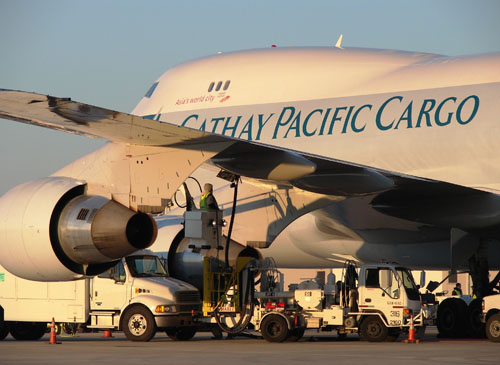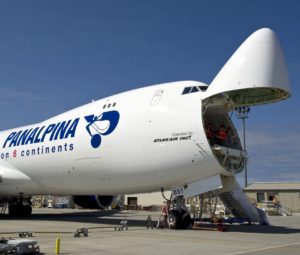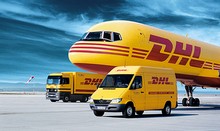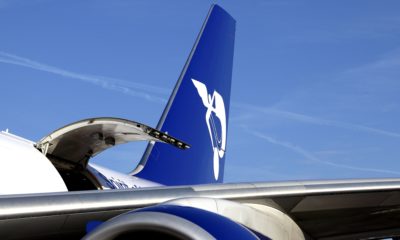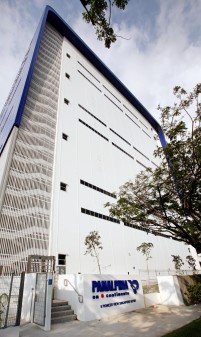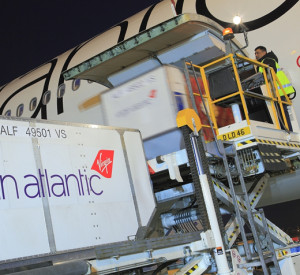After working with unit load device (ULD) management firm Unilode Aviation Solutions and supply china data management company OnAsset Intelligence, Hong-Kong-based carrier Cathay Pacific said it has completed a field test of a ULD track-and-trace system that supplies data to customers in real time.
Powered by Bluetooth low-energy (BLE) beacons, the ULD system was tested over several weeks at the Cathay Pacific Cargo Terminal at Hong Kong International Airport (HKG). During the tests, Cathay said the wireless BLE devices functioned well in the multi-story, concrete environs of the cargo facility.
“It’s important to explore technologies that work towards the air freight industry’s aim of offering both customers and operators transparency and data accuracy throughout the entire supply chain,” said Frosti Lau, Cathay’s general manager of cargo service delivery.
Unilode CEO Benoît Dumont said the field trial with Cathay Pacific was a successful demonstration of the company’s approach to digitalization, adding that “Unilode is committed to explore other digital initiatives for Cathay Pacific within 2018.”
Cathay Pacific provided few details about the next step, but said the airline is preparing to move forward with a “proof of concept” of the BLE technology using actual cargo shipments.

